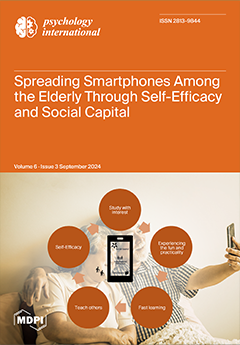Open AccessBrief Report
Parents’ Perspectives of Children with PKU: Assessing Parental Stress and Psychological Adjustment
by
Chiara Cazzorla, Daniela Di Riso, Giacomo Gaiga, Antonia De Cusatis, Silvia Spaggiari, Vincenza Gragnaniello, Christian Loro, Daniela Gueraldi, Rossana Schiavo, Alessandro P. Burlina and Alberto B. Burlina
Viewed by 924
Abstract
Phenylketonuria (PKU) is an inborn error of metabolism resulting from a deficiency of phenylalanine hydroxylase enzyme activity. Diagnosis in the first days of life allows early initiation of dietary therapy. The maintenance of this treatment raises demanding management issues in everyday life, often
[...] Read more.
Phenylketonuria (PKU) is an inborn error of metabolism resulting from a deficiency of phenylalanine hydroxylase enzyme activity. Diagnosis in the first days of life allows early initiation of dietary therapy. The maintenance of this treatment raises demanding management issues in everyday life, often resulting in a psychological burden for patients and families. In this brief report, we aimed to investigate parenting stress and parents’ perceptions of their child’s adjustment, focusing on correlations between the perspectives of mothers and fathers. We conducted an observational study, enrolling parents of pediatric patients (aged 2–18) diagnosed with PKU and treated from birth. A total of 20 parenting couples of 20 PKU-affected children were included. The mean Phe level was 301.60 µmol/L (SD = 128.39). Most PSI-SF and SDQ-P scores were below the clinically relevant threshold. Significant correlations emerged between paternal parenting stress and the child’s Phe level and, additionally, between mothers’ and fathers’ scores. Parents of PKU-affected children reported acceptable levels of parenting stress and their children’s psychological adjustment. However, fathers perceived greater stress in maintaining adequate Phe levels for their children. Our results suggest a similar perspective of both parents in relation to their child’s psychological adjustment. Therefore, the psychological well-being of PKU patients and their parents must be monitored to provide family-centered care and psychological support in the process of accepting a rare disease.
Full article



